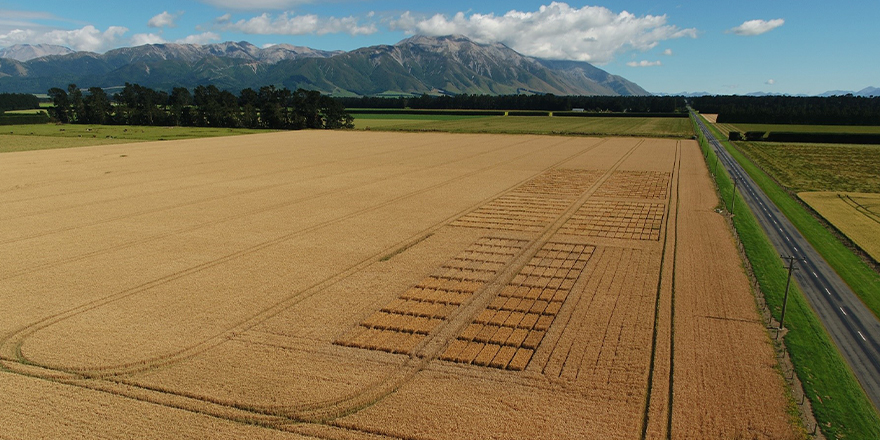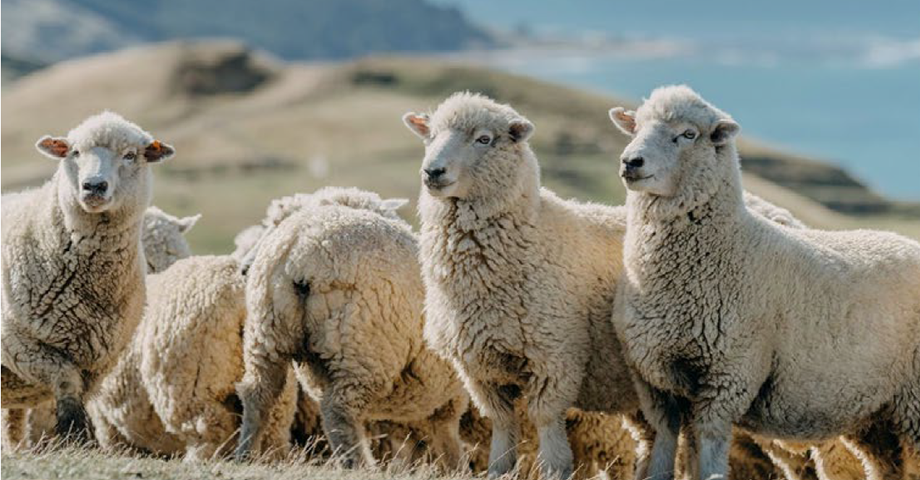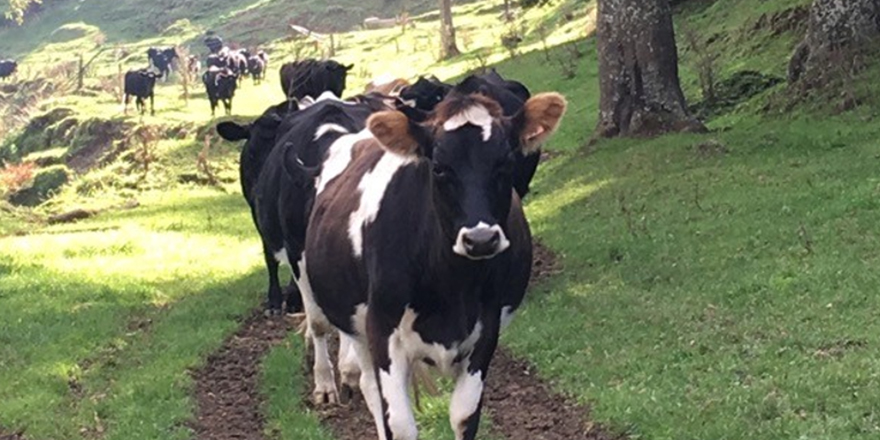
Executive summary
Māori are significant and substantial long-term participants in the primary sector of Aotearoa New Zealand.
They are kaitiaki of significant tracts of land for future generations, just as previous generations were kaitiaki for them. This concept of stakeholders’ past and stakeholders’ future links Māori to the whenua through whakapapa and means that they will never sell their land assets.
The Māori economic engine is significant in terms of both asset holding and in generating activity for the economy of Aotearoa New Zealand. Despite this Māori have almost no presence in the governance of the Agricultural cooperatives, despite these being businesses that they are significant suppliers and customers of and hold equity in.
The purpose of this report is to understand the reasons behind this, identify ways to re-engage Māori at governance levels with the cooperatives and understand the benefits and costs to each from doing so.
The methodology used within this report included literature reviews of Māori economic performance and how contemporary corporate governance models fail to meet the needs of Māori governance.
In the context of this research topic, it is important to determine the contribution made by Māori to the economic activity of Aotearoa New Zealand generally and to the primary sector specifically as this project investigates the premise that it is reasonable to achieve representation if there is a contribution.
The review of Māori governance included discussion around the kaupapa and tikanga that provide a framework to Te Ao Māori and how this influences the decision-making of Māori governance entities.
Semi-structured interviews were conducted with eight Māori governors including participants in cooperative director elections. These were conducted to understand the view of Māori who had experience with governance in both Māori and non-Māori entities and in a cooperative election process.
The answers were then critically analysed with themes developing from the analysis.
A structured survey was supplied to members of Cooperative Business New Zealand. It was important to assess the view held by cooperatives around levels of Māori engagement at a governance level.
These were analysed with themes developing from the analysis.
The results from the structured survey and the semi-structured interviews were then analysed together to identify areas of commonality or divergence.
KEY FINDINGS
MĀORI MAKE SIGNIFICANT CONTRIBUTIONS TO THE PRIMARY SECTOR AND AOTEAROA NEW ZEALAND
The scale of Te Ohanga Māori (The Māori Economy) is significant, contributing 6.5% of the GDP of Aotearoa New Zealand in 2018. This is on par with the primary sector which also contributed 6.5% of the 2018 GDP with Māori contributing NZD 2.700 billion dollars (or 14%) to the primary sector GDP.
Further in 2017 10% of dairy production and 30% of meat and fibre production were sourced from assets owned by Māori.
These statistics are important as they prove that Māori is significant contributors to the economy and primary sector of this country. The lack of Māori representation in cooperative governance seems incongruent with the level of contribution made by Māori.
MĀORI HAVE LOW TRUST IN COOPERATIVES AND ELECTIONS
Lack of engagement by Māori with the cooperatives appears to be seated in a level of distrust by Māori in the cooperatives (although the Institution of the Cooperative may be acting as a proxy for its Pākeha shareholding base) This is a result of (real or perceived) racial bias over time with a
general feeling in the interviews with Māori agribusiness leaders that the cooperatives are Pākehacentric institutions with a low understanding of the needs of Māori.
There was a general feeling that the Māori would struggle in an election process as the Pākeha majority would favour other Pākeha over Māori no matter the skills Māori may offer.
COOPERATIVES RECOGNISE THAT MĀORI ARE UNDERREPRESENTED IN GOVERNANCE
Cooperatives are generally aware that their existing governance fails to adequately represent the contribution made by their Māori stakeholders to their businesses.
They generally believe it is important that there is Māori representation in their governance bodies, however, the responses indicate that no cooperative has established a strategy to change this.
OPPORTUNITY EXISTS FOR BOTH PARTIES IF RELATIONSHIPS CAN BE STRENGTHENED
- For the cooperatives, the opportunities are twofold:
Operationally they partner with Māori to secure long-term multigeneration supply relationships at a time when production is falling in response to climate change initiatives and land use change.
Strategically they gain insight into what appears to be a shift away from laissez-faire and liberal market theory to a growing ESG investment paradigm that is more rooted in equitable returns to social and natural capital as well as real (economic) capital. This is due to ESG concepts largely mirroring the pou or drivers of Māori governance models. - For Māori, the opportunity lies in attaining influence in an industry they already participate in and in a business in which they may already hold equity.
Influence is important to ensure that Māori maintains a level of control over the use of Tikanga, Kaupapa, Te Reo, and Matauranga Māori – those things that make Māori unique in the world and are effectively the Intellectual Property of Māori.
Māori are afforded the opportunity to bring Te Ao Māori into the dominant mainstream so that it is valued and practised in an authentic way.
RECOMMENDATIONS FOR COOPERATIVES
Cooperatives face distinct challenges to overcome the lack of trust that Māori have expressed in the election process and in the cooperatives. This will require rebuilding trust levels and relationships.
- Decide if the organisation believes the lack of Māori representation is an issue that requires addressing.
- Develop strategies to effect cultural change so that all shareholders perceive their treatment to be equal with clear and demonstrable intolerance of intolerant.
- Build manaakitanga with Māori by being institutionally intolerant of any form of racial bias.
- Organise wananga with Māori stakeholders so they can learn who you are, and you learn who they are.
- Engage in whakawhanaungatanga. This will facilitate discovery and understanding as the first step in relationship building (whanaungatanga).
- Learn and understand Te Ao Māori, Mātauranga Māori, Tikanga and Kaupapa – these are the things that will guide relationship building with Māori.
- Develop methods to provide governance opportunities for Māori within your organisation – training options and assistant/future director opportunities.
- Use a Māori lens in decision-making – a celebration milestone for Pākeha could have been at the expense of Māori interests for example. This is also important when using taonga in
commercial ways. - Ensure that the cooperatives are not structurally racist – for example, check to see if election rules could exclude Māori from standing in a director election. This is important given the unique nature of some Māori ownership structures.
RECOMMENDATIONS FOR MĀORI
- Practice rangatiratanga by using the voting powers that come with ownership.
- Be open to building whanaungatanga with cooperatives – maintain a focus on attaining influence by taking roles in the governance of these businesses.
- Show kohtahitanga and manaakitanga by voting for rangatira who stand for election to these boards.
- Māori voting for Māori in elections dominated by Pākeha demonstrates rangatiratanga.
- Continue to develop governance skills in Rangitahi.
Download and read the full report here:




